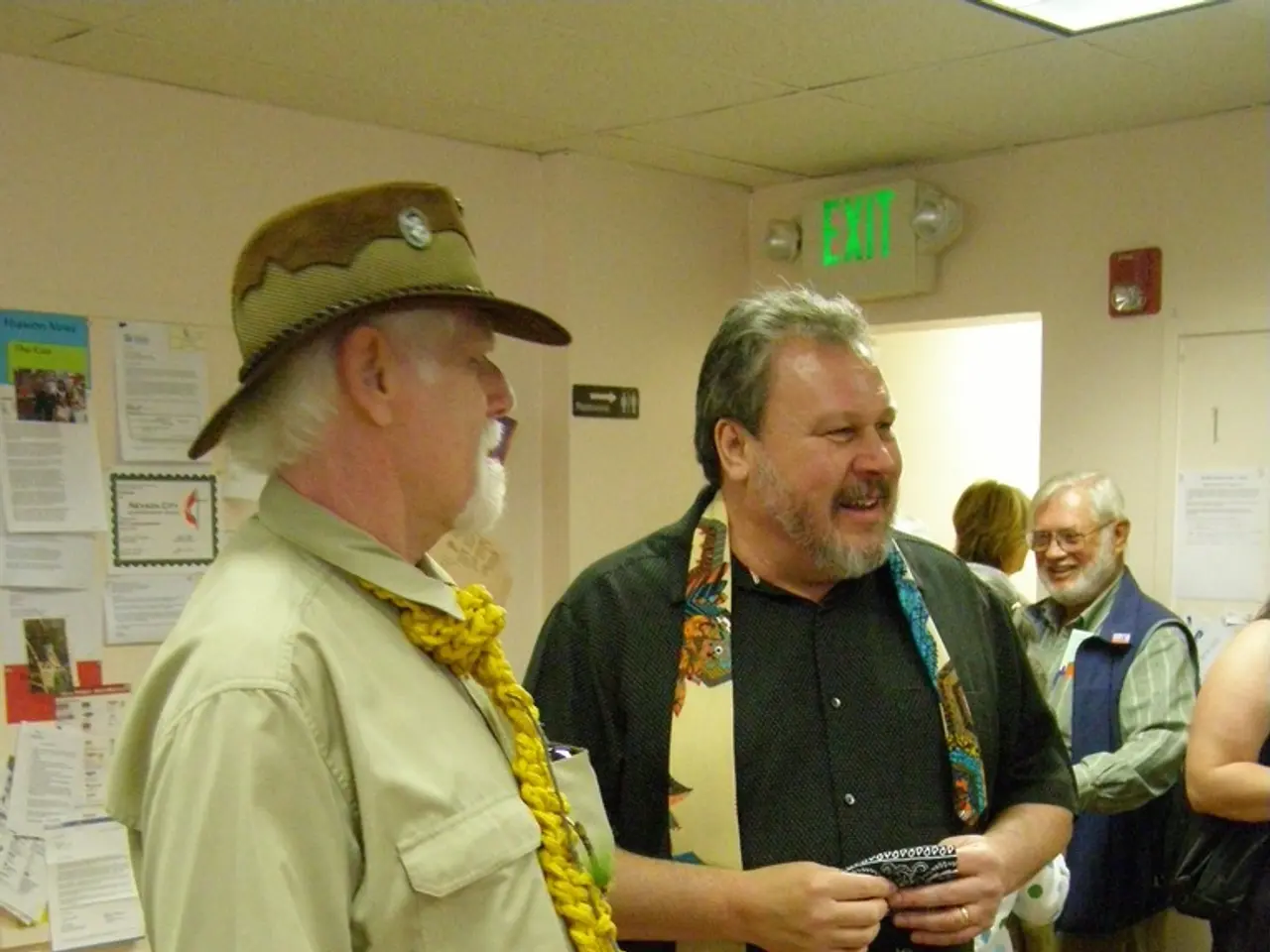Crucial Legal Guidance for the Elderly Demystified
As we age, navigating the complexities of legal matters can become increasingly challenging. However, a wealth of resources is available to help older adults protect their rights and make informed decisions. This article provides an overview of government programs, nonprofit organisations, and other resources that cater to the unique legal needs of seniors.
Government Programs and Initiatives
The Elder Justice Initiative (EJI), a part of the U.S. Department of Justice, is at the forefront of combating elder abuse, neglect, and financial fraud. The EJI supports federal, state, and local efforts to build capacity against elder abuse and promotes research to enhance policy and practice. Resources include the National Elder Fraud Hotline and the Elder Justice Neighborhood Map for state-specific resources.
While not exclusively focused on elder law, the Americans with Disabilities Act (ADA) provides protections that can benefit older adults with disabilities. ADA.gov offers resources on rights and responsibilities under the ADA.
Medicare and Medicaid are essential programs that provide healthcare services to older Americans. Medicaid is particularly important for long-term care planning, a key aspect of elder law.
Nonprofit Organisations and Resources
The National Academy of Elder Law Attorneys (NAELA) is a leading organisation in the field of elder law, offering training, advocacy, and networking opportunities for attorneys specialising in elder law.
Many law schools and community organisations offer elder law clinics, which provide free or low-cost legal assistance to seniors facing legal issues such as housing disputes and healthcare rights.
Local and state resources are often provided by nonprofit organisations, tailored to the specific needs of older adults in their area. These can include legal aid, advocacy, and caregiving support.
Other Resources
Guardianship and conservatorship are legal mechanisms crucial for protecting the rights and making decisions on behalf of older adults who lack capacity. Resources are available to help seniors with advance directives, such as living wills and power of attorney, as well as estate planning to ensure their wishes are respected.
Innovative programs integrating technology can provide enhanced access to legal resources for the aging population, such as online legal clinics and tele-law consultations.
Protecting Seniors from Abuse
Elder abuse can manifest in various forms, including financial exploitation, identity theft, misuse of power of attorney, and unauthorized access to financial accounts. Legal remedies such as court interventions and financial guardianships are available to protect seniors' assets and ensure accountability for abusers.
Reporting mechanisms for elder abuse, such as Adult Protective Services (APS), allow victims or concerned individuals to report suspected abuse, with various state laws also providing protections against financial exploitation of seniors.
Empowering Seniors and Advocating for Policy Reform
Educational initiatives empowering seniors about their legal rights are essential, helping foster informed decision-making and contributing to a more robust legal framework that supports the diverse needs of the aging community. Advocacy for policy reforms remains vital in addressing gaps in legal protection and services for older adults, with collaboration between government agencies, nonprofit organisations, and legal professionals creating more comprehensive support systems.
Accessing Legal Support
Local Area Agencies on Aging (AAA) connect seniors with legal advice and support services tailored to their needs. Seniors may benefit from consulting professionals specialising in elder law to address concerns related to healthcare access, informed consent, and advanced directives.
Housing law plays a critical role in protecting the rights and welfare of seniors, ensuring safe, affordable, and accessible housing options for older adults. Laws such as the Fair Housing Act are designed to protect seniors from discrimination based on age, ensuring equal access to housing opportunities.
Seniors often encounter specific healthcare issues, such as understanding Medicare benefits and coverage options, exploring Medicaid services for low-income seniors, and recognising confidentiality and privacy rights under HIPAA.
In summary, both government programs and nonprofit organisations provide critical legal resources to support the aging population, addressing issues like abuse prevention, legal assistance, and healthcare rights. By understanding these resources, seniors can navigate their legal challenges with confidence and peace of mind.
Science and health-and-wellness intersect in the wellbeing of older adults navigating complex legal matters. For instance, technology-based innovative programs offer enhanced access to legal resources, such as online legal clinics and tele-law consultations, catering to seniors' unique needs and preferences. Additionally, healthcare-related legal considerations like understanding Medicare benefits and recognising confidentiality and privacy rights under HIPAA are crucial aspects of elder law that help older adults make informed decisions about their health.




